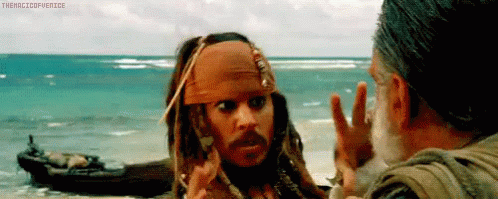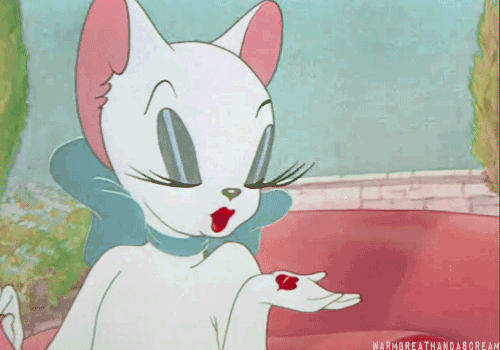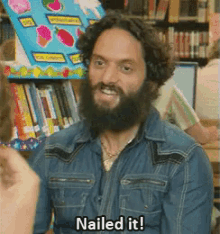One of my favorite things to do here on Spine & Page is to lift the curtain on the publishing world, as I know there are many misconceptions (many of which I have held myself at one point or another) about it out there. The misconception that is my favorite to SMASH WITH A HAMMER is that to work in or be good at publishing you have to major in English.
Now, I shall preface by saying that a good many of the lovely people who work in publishing studied English in college. HOWEVER. There is a small but vibrant minority out there of people who work in this glorious industry who did no such thing.
And I am one of them!

I’d like to share a little bit about my own academic background to show that a) not every publishing person was an English major and b) that’s ok! Agents and editors come to their jobs from different perspectives. Some of those variations are academic. So this post is mostly meant to explain one different perspective (mine) and perhaps be an example to any young aspiring professionals out there for an alternative path to how I wound up doing the book thing. Here’s a little Q&A:
So, you got to college. You liked books. Why not just do the English major?
Well, friend. That is a long story that mostly involves adolescent indecision. However, I knew that though I LOVED books and reading, I didn’t really love the idea of reading literary criticism all day long (which, surprise, is apparently a thing for English majors).
The thing I liked about books was the stories and thinking about them as processes. Also I was a major nerd for history. (Like, I learned how to write basic Egyptian hieroglyphics when I was a kid). So I tumbled into History as my major and found that it actually fit very well.
History. Gotcha. How on earth is that helpful?
Well, in terms of content, it isn’t. Really. At one point, I took a class on pirates. Like, the swashbuckling kind. Seriously.

However, what a History major does is teach you how to read critically and recognize structure and patterns. It also teaches you how to take ridiculous amounts of information and present them clearly. It gives you research abilities that borderline on terrifying. It also teaches you how to write like a badass. All of these are crucial publishing skills. I found History to be the best way to get them without having to read a Marxist critique of LITTLE WOMEN, or something absurd like that. No offense, guys, but when I saw the stuff my English major friends were reading I was like

Majoring in history is also nice in this field because I have reading/editorial interests that set me apart a bit from the many English majors who work in publishing, and have a slightly different perspective. For example, I feel that history has taught me to be more concerned with plot and the underlying reasons behind events, or even character decisions, in stories. (Not that English majors aren’t, but my brain was academically wired to think about those questions – of process, cause and effect – first).
I also have a theory that being a History major is what solidified my love of working on mysteries because I NEED TO KNOW WHAT HAPPENED AND WHY.
Also I love historical writing/fiction MORE THAN ENGLISH MAJORS AND I HAVE A DEGREE TO PROVE IT. Jk. Sorta. Love you, guys!

So they let you into publishing without an English Major Card. How?
Here’s the trick! So, truthfully, this is the big secret to getting into publishing at all. You can major in literally anything and work in publishing. What matters more is your work experience.
So while I was learning about pirates and American deindustrialization other weird stuff from long ago that I nerd out about, I was also interning in a wide variety of book and non-book related places, beefing up my resume. All of my internships involved writing or communications in some form. So when it came to apply for Publishing Job X, I talked about that, and was able to create a narrative out of the mess of weird academic and job experiences I had in school (another History-learned skill!).

I also hate reading literary criticism and over analyzing things I originally enjoyed reading. What other majors work in publishing?
Again, there is no specific publishing-friendly major. English lends itself well, of course, but so do many others. (Side note: I am personally not a big proponent of studying publishing as a major or in a school setting. That’s a different issue that perhaps I will write about another time). As I said, your experience is really more crucial, but some of the majors that have typically led folks to publishing are: Communications, Mass Media, Journalism, Writing, Comp Lit (sort of English but no), Liberal Studies. Basically, you have to prove that you can write well, read critically, give good feedback, have an amazing attention to detail, and be good with people. So whatever you think will get you there is fine!

Hopefully this helped you gain a little broader perspective about potential agents, editors, etc! We are all unique and some of us spent good tuition money to learn about pirates in class. Remember that. 😉